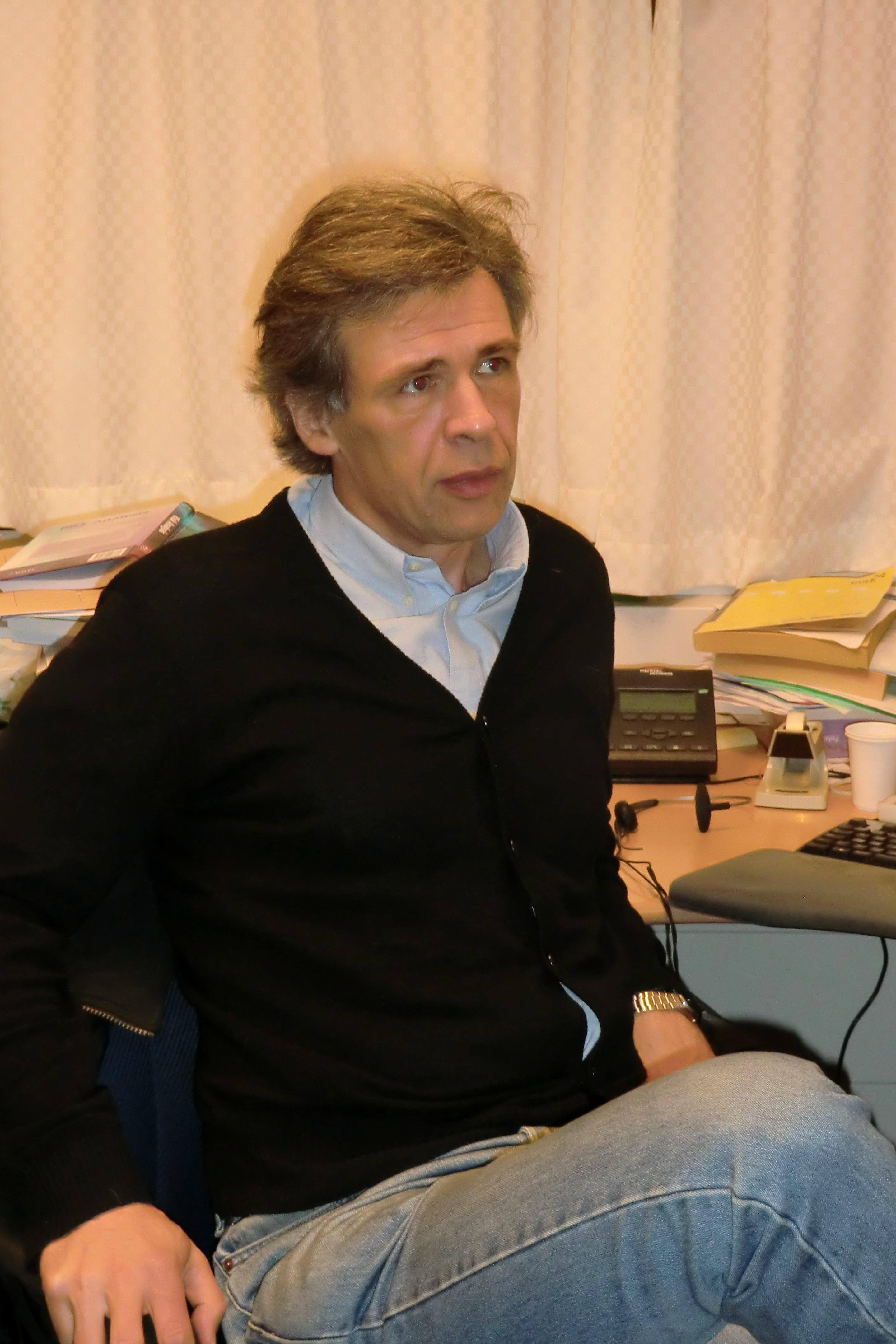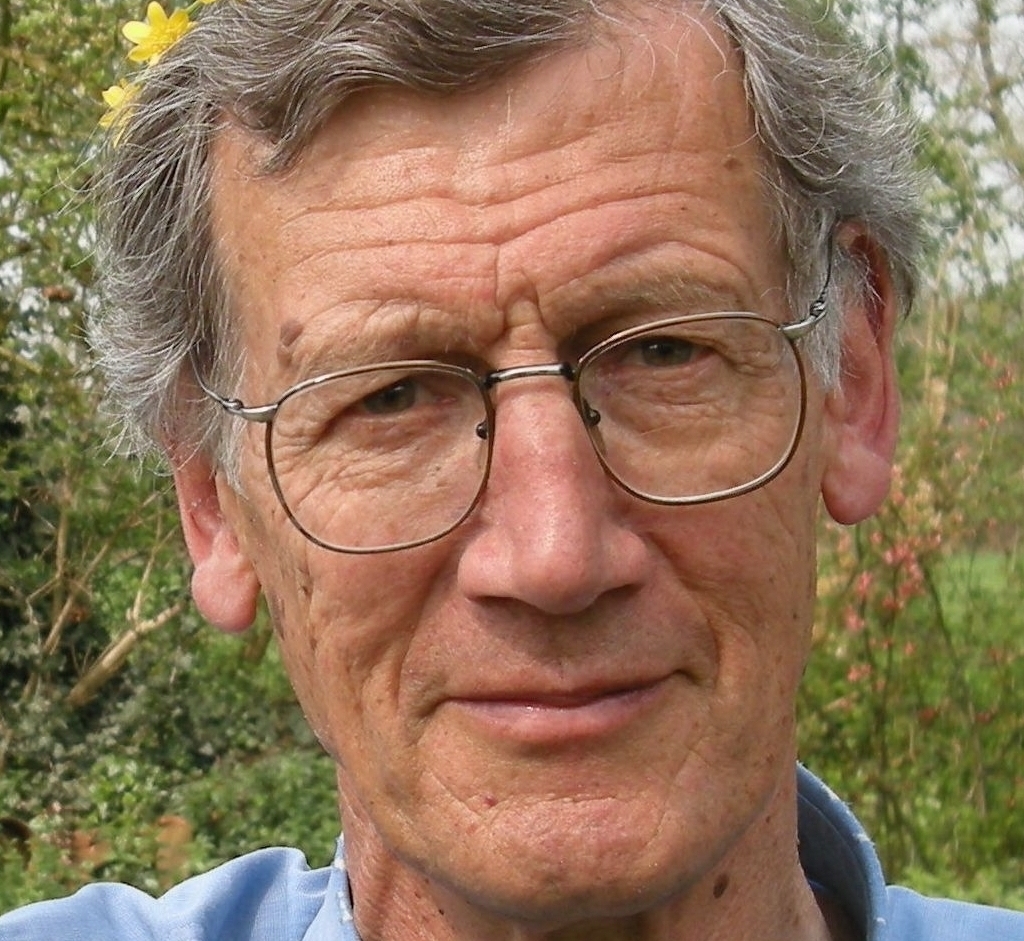|
|

|
| | | |
| |

Terje Aven
Terje Aven is Professor of Risk analysis and Risk Management at University of Stavanger, Norway. He is also a Principal researcher at International Research Institute of Stavanger (IRIS). He has been Professor II (adjunct professor) in reliability and safety at University of Trondheim (Norwegian Institute of Technology) 1990-1995 and Professor II in reliability and risk analysis at University of Oslo 1990-2000. He has also many years of experience from the industry (Statoil) and DNV.
He has published a large number of papers in international journals on risk and safety, and he is the author of several books in the field, most recently Misconceptions of Risk (Wiley, 2010), Risk Management and Governance (Springer 2010, co-author O. Renn) and Quantitative Risk Assessment – the Scientific Platform (Cambridge University Press, 2011).
In recent years his research has focused on foundational issues, related to topics such as how to understand and describe risk, how to treat uncertainties in risk assessments, the role of the cautionary and precautionary principles in risk management, and the use of cost-effectiveness analysis and cost-benefit analysis to support decision-making under risk and uncertainties. He received his Master's degree (cand.real) and Ph.D (dr. philos) from University of Oslo in 1980 and 1984, respectively.
See also: http://www.uis.no/research/risk_management_and_societal_safety

| |
| | | |
| | | |
| |

Ellen Peters
Dr. Peters graduated magna cum laude from the University of Pennsylvania in 1989 with dual degrees in engineering and marketing. She received her M.S. and Ph.D. from the Psychology Department of the University of Oregon in 1994 and 1998, respectively. In 1998, she joined Decision Research as a Research Scientist and was promoted to Senior Research Scientist in 2006. She joined the faculty of the Psychology Department at The Ohio State University in 2010 as an Associate Professor. She has also worked extensively with the National Cancer Institute and the Food and Drug Administration to advance the science of human decision making as it applies to health and health policy.
Research Areas
Dr. Peters conducts basic and applied research in judgment and decision making. She has been principal investigator on numerous grants from the federal government. In her research, Dr. Peters focuses on how affective, intuitive, and deliberative processes help people to make decisions in an increasingly complex world. She studies decision making as an interaction of characteristics of the decision situation and characteristics of the individual.
She has three major strands of research. First, her research interests in decision making include number processing and the study of individual differences in numeracy and an intuitive sense of numbers. In recent publications, Dr. Peters and colleagues have focused on the roles of numeracy and intuitive number sense with respect to how individuals process and use numeric and non-numeric sources of information in decisions. A second central strand of research concerns how affect and emotion influence information processing and decisions. Affect appears to have multiple functions in judgment and decision processes (as information, as a common currency, as a spotlight on information, and as a direct motivator of behaviors). Third, she is interested in how information processing and decision making change in complex ways across the adult life span. She is also generally interested in issues of risk perception and risk communication in health, financial, and environmental contexts, including how to present information to facilitate its comprehension and use.

| |
| | | |
| | | |
| |
 Charles Vlek Charles Vlek
Charles Vlek is professor emeritus of environmental psychology and decision research at the University of Groningen, the Netherlands.
Originally triggered by the rise of economic decision theory, he has a long history of research and teaching about probability judgment, risk appraisal and social decision-making. Gradually moved into environmental psychology, his current (part-time) work is focussed on the behavioural causes of environmental problems and on various policy strategies for behaviour change to reduce collective risks. | |
| | | |
|
|
|
|
|
|